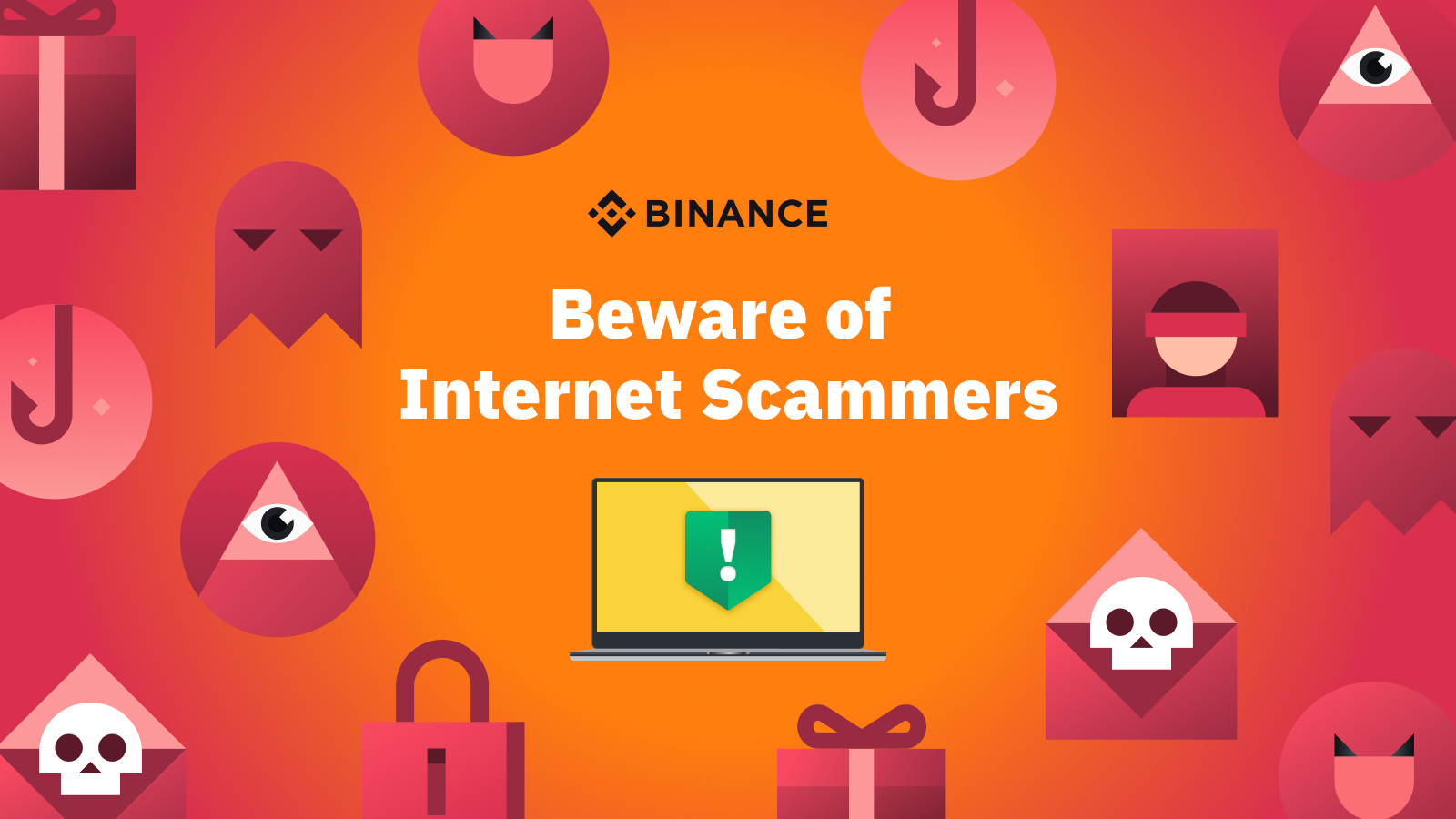Scammers Created an AI Hologram of Me to Scam Unsuspecting Projects
Beware of online scammers targeting the crypto community, warns Patrick Hillmann, Chief Communications Officer at Binance.
When I started at Binance approximately one year ago, I was shocked by the layers of security protocols that new employees had to go through to get set up. Little did I know, the onboarding process was the easy part. Binance employees across the globe undergo regular training and random security checks to ensure they abide by the strict cybersecurity rules in place.
Despite having previously led one of the world’s largest cybersecurity teams and managed some of the largest data breaches in history (US OPM, Ashley Madison, etc.), I was not prepared for the onslaught of cyberattacks, phishing attacks, and scams that regularly target the crypto community. Now I understand why Binance goes to the lengths it does.
However, criminals will almost always find a way to adapt to and circumvent even the most secure system. Over the past month, I’ve received several online messages thanking me for taking the time to meet with project teams regarding potential opportunities to list their assets on Binance.com. This was odd because I don’t have any oversight of or insight into Binance listings, nor had I met with any of these people before.
It turns out that a sophisticated hacking team used previous news interviews and TV appearances over the years to create a “deep fake” of me. Other than the 15 pounds that I gained during COVID being noticeably absent, this deep fake was refined enough to fool several highly intelligent crypto community members.
Beyond this latest incident, there’s been a recent spike in hackers pretending to be Binance employees and executives on platforms such as Twitter, LinkedIn, Telegram, etc. We are prepared to defend our users and our ecosystem. After all, we have the largest and most experienced cybersecurity team in the industry, complete with leading investigators with experience at the FBI, US Secret Service, IRS, Europol, and other reputable agencies with a proven track record of fighting cybercrime. These world-class experts are here to help Binance build a digital asset ecosystem that is safe and secure for all users.
The first line of defense, however, is always the users themselves. As a member of the crypto community, it’s imperative that you:
Be vigilant and always take proactive steps to ensure you don’t fall prey to scams and impersonations.
Use the Binance Verify tool to check whether the account officially represents Binance. Please note that Binance Verify is not foolproof. For example, a scammer can spoof their “from” email address or hide behind the real name of a Binance employee. In both cases, Binance Verify would produce mixed results.
Report any suspicious activities or accounts to Binance Support.
The Binance Listing Process
Regular users are not the only targets — crypto project teams are now more frequently in the crosshairs. Scammers often create fake LinkedIn profiles and use them to approach unsuspecting projects with the promise to help them get listed on Binance.com.
Recall the “Nigerian Prince” scam from the early 2000s — pay a small upfront payment, and you’ll receive a large sum of money later, when the “prince’s estate” is recovered.
In this case, the equivalent of the large sum of money is having a token listed on Binance.com. But to get there, the projects are asked to pay some money first. Same trick, different wording.
Interested projects should make sure to only submit forms via the official listing application link found on the footer of Binance.com. Always double-check if you are on the official Binance domain and not a phishing site.
Take some time to read through CZ’s listing tips. Token listing on Binance goes through a rigorous due diligence process. There are no shortcuts to getting your project listed on Binance. If someone claims to be a Binance representative and offers an “easy” path to listing, please report them to Binance Support immediately.
Be Careful With Who You Trust
Whether you’re a Binance user or a blockchain startup founder, vigilance is the most powerful weapon. Criminals don’t need advanced technical skills to steal your funds — all it takes is making you believe them.
If you receive an email from someone claiming to be “Binance staff,” take note of the wording. Spoofed messages often contain subtle mistakes such as spelling, odd syntax, jarring phrases, and misspelled domain names.
Scammers often spur their victims into action by creating a false sense of urgency. For example, the scam email might say:
“Your Binance account will expire in a week. To avoid loss of funds, please move your assets into this secure wallet address.”
Users should always be suspicious of messages asking to transfer money or share sensitive information such as personal details or passwords. For more tips on safeguarding your Binance account, users can refer to our complete security guide.
No place for criminals
Binance has zero tolerance for illicit activity in the crypto space as we see it as one of the greatest threats to the industry’s growth. As a leader in the Web3 sector, we believe that we are responsible for ensuring the ecosystem’s responsible growth – the kind that puts user safety front and center.
For users, the best defense is using common sense. Follow all our security tips, trust your instincts — and if you feel even an inch of doubt, contact Binance Support immediately.
By Patrick Hillmann

